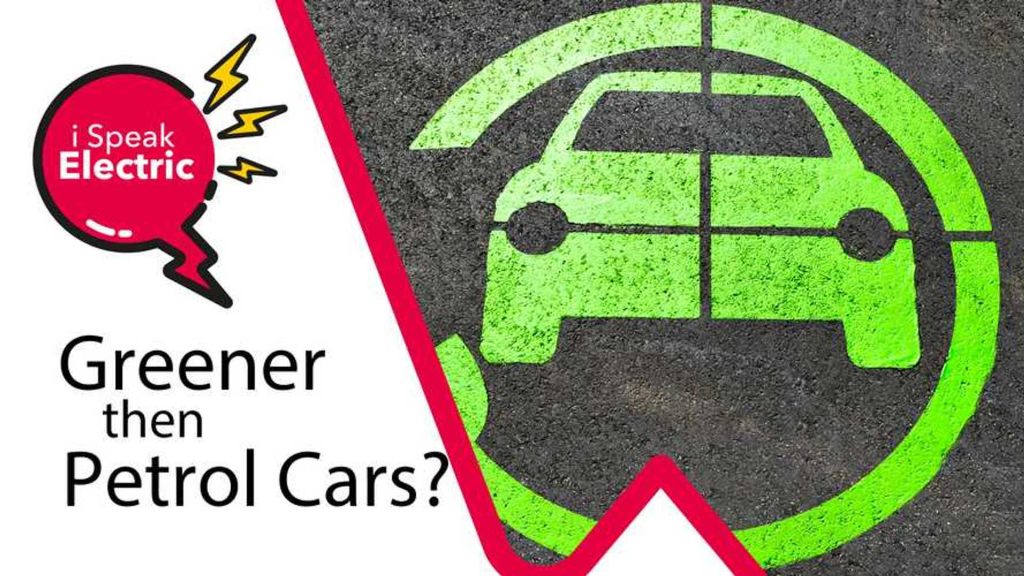
Many countries and local governments are now promoting electric vehicles as a key part of their decarbonization strategy, but are they right? Is battery power really more environmentally friendly than the internal combustion engine? Those questions are explained with a new ThEVox Network video.
Comparing the environmental footprint of any car can be tricky, because different companies have different suppliers, production processes, not to mention philosophies around supporting a low carbon economy. This is why ThEVox Network enlisted the International Council on Clean Transportation to help answer this one. The ICCT is a non-profit organization that was responsible for exposing Dieselgate to the world, so it’s safe to say that they know their stuff when it comes to calculating emissions.
A recent ICCT study discovered that a typical electric car, using average European electricity, is almost 30% cleaner over its lifecycle, compared to even the most efficient internal combustion engine vehicle. In markets with very low-carbon electricity, such as Norway or France, electric vehicles are said to be more than 60% cleaner.
To understand more, the video explains what is known as a vehicle’s Life Cycle Assessment, which is split into four stages. Which ones? Press play and watch the video to find out.

